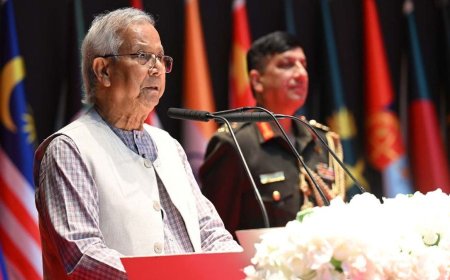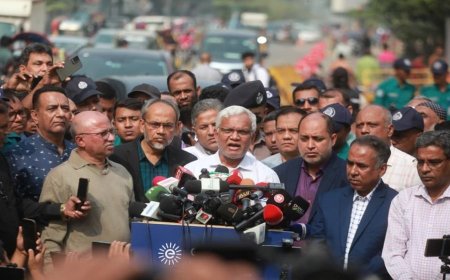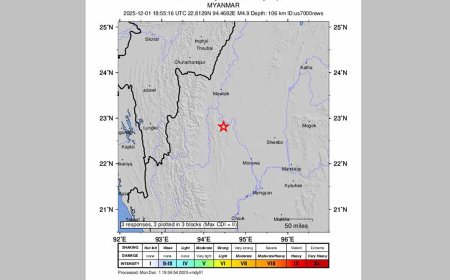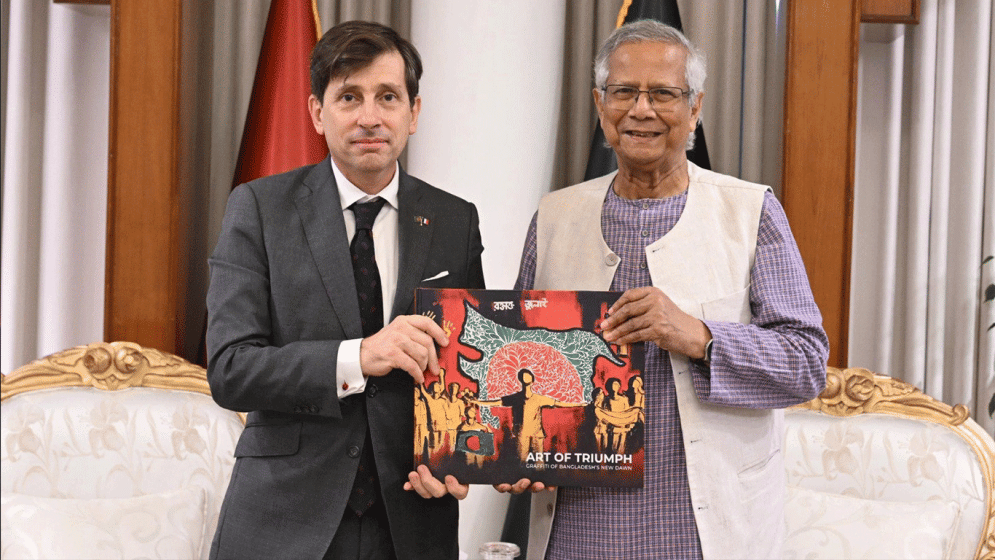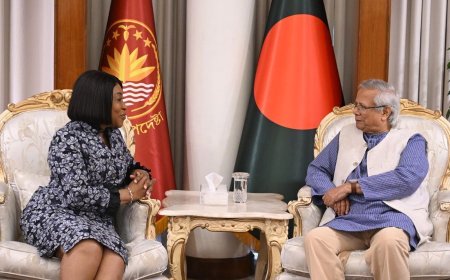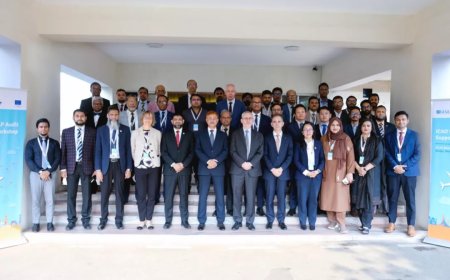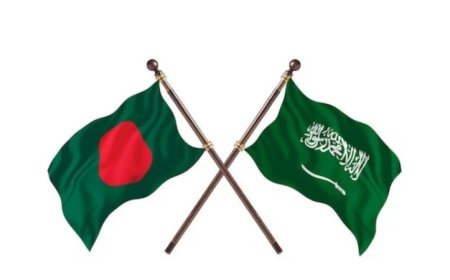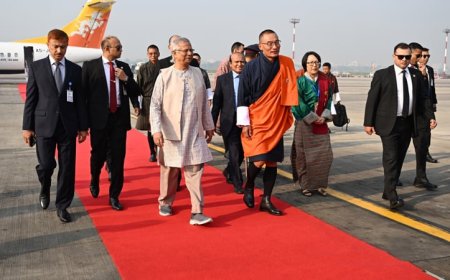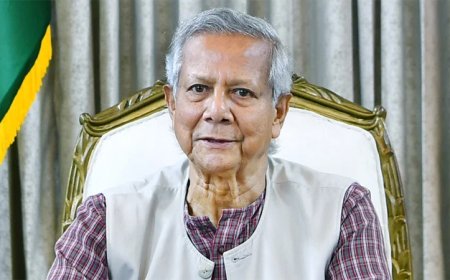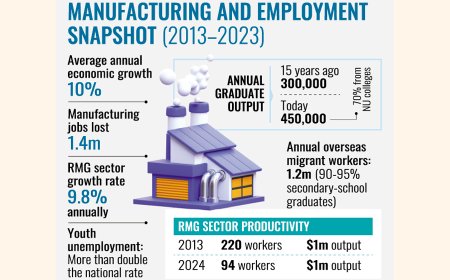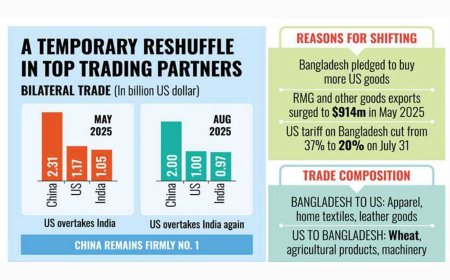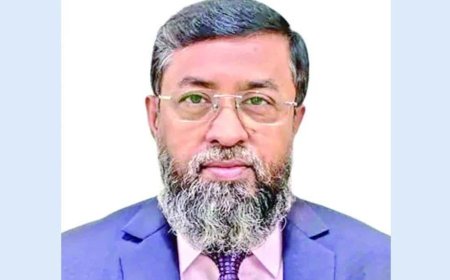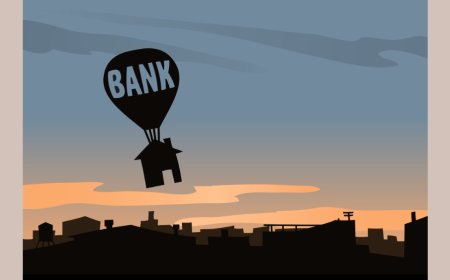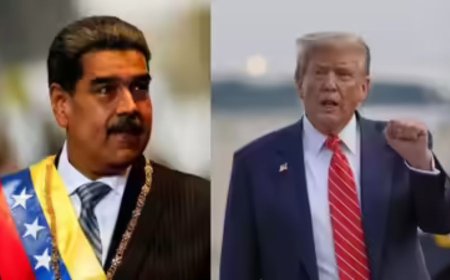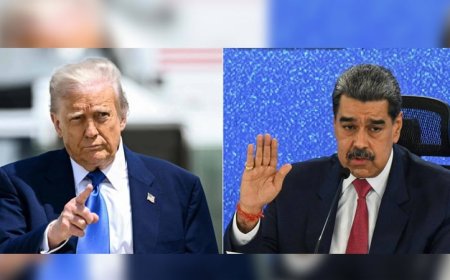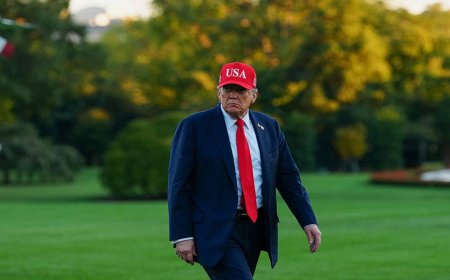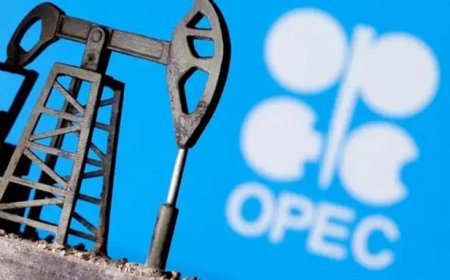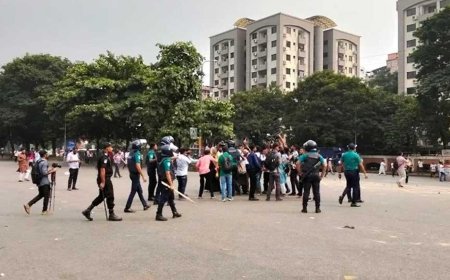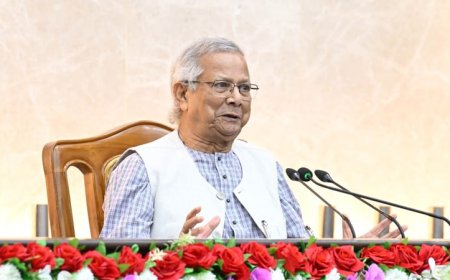BNP faces tough challenge in selecting suitable candidates for national polls
As the BNP gears up for a return to the electoral arena, party leaders say they must weigh multiple factors carefully when selecting candidates.
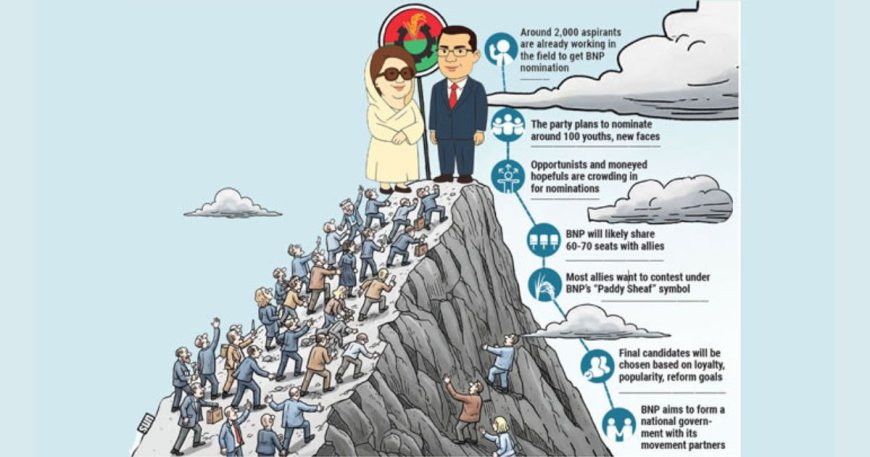
BNP Faces Daunting Task in Candidate Selection for National Polls
The Bangladesh Nationalist Party (BNP) is confronting a major challenge: selecting the most suitable candidates for the upcoming general election, set against the backdrop of a dramatic political shift following the ouster of the “fascist” Awami League government on 5 August 2024.
As the party prepares to re-enter the electoral fray, BNP leaders say the nomination process demands a delicate balancing act.
They must navigate a range of priorities—aligning with the party’s 31-point state reform agenda, accommodating coalition partners, filtering out opportunists (especially affluent individuals who were absent during the party’s years of struggle), and ensuring candidates are both electorally viable and competent legislators.
According to party insiders, around 2,000 aspirants have expressed interest in running for the 300 parliamentary seats, with many already actively campaigning at the grassroots level.
A few candidates have received initial endorsements, and nominations for roughly 100 high-profile constituencies—including those of BNP Chairperson Khaleda Zia, acting Chairman Tarique Rahman, and Secretary General Mirza Fakhrul Islam Alamgir—are reportedly nearing finalisation.
“BNP is a democratic, election-focused party. We’re always prepared to contest polls,” BNP Standing Committee Member Iqbal Hassan Mahmud Tuku told Daily Sun.
“Finalising nominations will progress once the election schedule is announced,” he added, noting that each constituency currently has five to seven aspirants under consideration.
Tuku said the main selection criteria are integrity, popularity, and the capacity to contribute to the party’s reform agenda if elected.
Striking a Balance Between Youth and Experience
Senior BNP leaders say the final candidate list will reflect a blend of youthful energy and seasoned experience. Preference will be given to those who remained loyal during political persecution, command strong local support, and actively participated in past party movements.
“Candidates who ran in elections between 1991 and 2018 and still enjoy popular support will also be considered,” said a senior BNP official. He added that several vetting teams are already working on the ground to assess and shortlist nominees.
In a bid to foster generational change, the BNP plans to field a sizable number of young contenders, with around 100 youths expected to be nominated for the 13th parliamentary election.
Vice Chairman Shamsuzzaman Dudu confirmed that nearly 80% of the party’s electoral preparations have been completed.
Meanwhile, Research Affairs Secretary Shamimur Rahman Shamim said he is preparing to contest from Bagerhat-3.
“The nomination process isn’t final yet, but some of us have received informal approval from the top leadership,”
Seat-Sharing With Allies Poses Strategic Test
Negotiating seat-sharing deals with coalition allies remains one of the most complex aspects of BNP’s electoral strategy.
Dozens of parties that joined BNP in the anti-Awami League movement are now demanding fair seat allocations—many seeking to contest under the BNP’s “Paddy Sheaf” symbol.
Syrul Kabir Khan, a member of the party’s media cell, said around 40 registered and unregistered parties are currently aligned with the BNP. “We expect more to join closer to the election,” he noted.
In 2018, BNP allocated 59 seats to allies. This time, insiders say the party may distribute 60–70 seats.
Nagorik Oikya Convener Mahmudur Rahman Manna said, “We’ll likely contest under an alliance, though formal talks are still pending.”
Saiful Huq, general secretary of the Revolutionary Workers Party of Bangladesh, confirmed that the BNP had pledged seats to parties active in the anti-authoritarian struggle.
Shahadat Hossain Selim of the Bangladesh Liberal Democratic Party also said his group had received assurances of nominations from BNP.
However, BNP Standing Committee Member Amir Khasru Mahmud Chowdhury made clear that formal seat-sharing talks will begin only after the election schedule is announced. “We’ll engage all like-minded parties in discussions once the official process starts,” he said.
Acting Chairman Tarique Rahman has declared that, if elected, BNP will form a national coalition government with those who supported its movement against the previous regime.
Guarding Against Opportunists
Party leaders acknowledge a growing influx of wealthy individuals seeking nominations to further personal or business interests, which could undermine the integrity of the candidate selection process.
Senior figures caution that compromising on quality candidates could jeopardize both the party’s electoral prospects and its ambitious reform agenda.
“We must remain vigilant,” a senior leader warned. “If we lower standards now, we’ll struggle to implement the reforms we’ve promised.”
Adding momentum to the election build-up, a recent meeting in London between Tarique Rahman and interim government Chief Adviser Prof Muhammad Yunus reportedly yielded an agreement to hold the 13th national election in the second week of February 2026.
Following this understanding, election preparations have intensified across all 300 constituencies.
What's Your Reaction?








